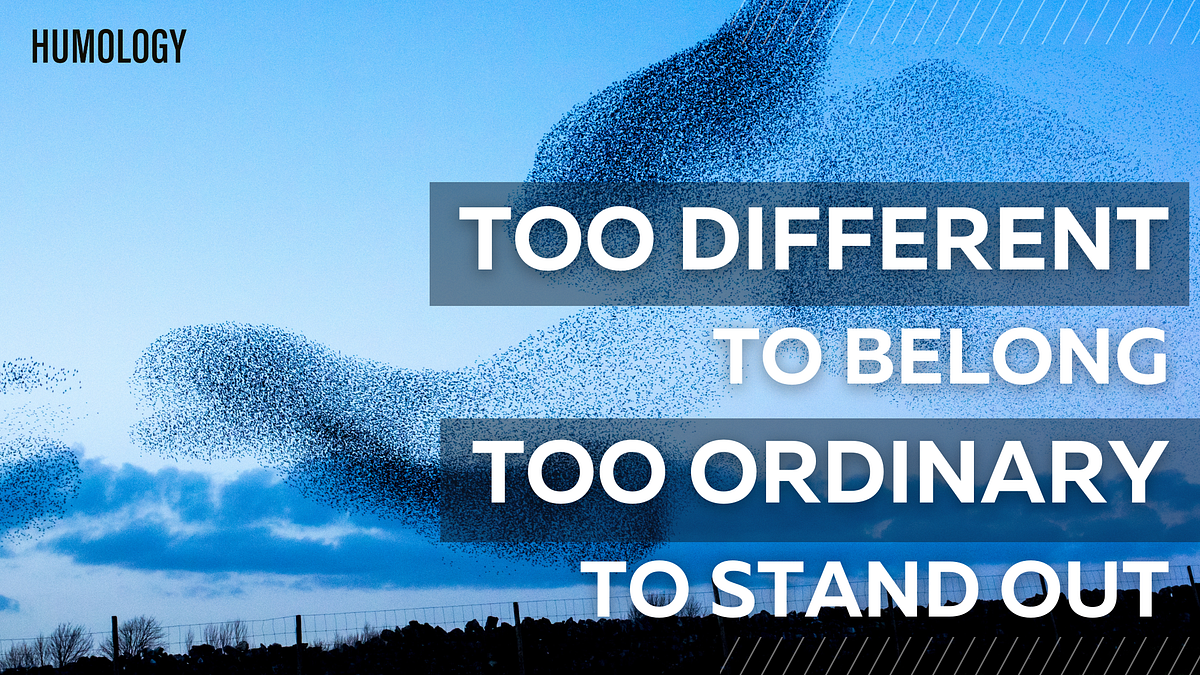
"I keep circling a question that psychology hasn't yet neatly answered: why does the online world make us feel both too different to belong and too ordinary to matter? Every one of use wants to feel part of something and to connect with others who share our passions. But at the same time, we also want to stand out - to be noticed, to feel valued, and be seen as original in a sea of sameness."
"It's a quiet paradox that shapes how we show up online, even when we don't realise it. We learn the tone, the language, the style of what works. We teach it in courses, package it as personal branding, and call it thought leadership. But what we're really teaching is conformity with better lighting. We mirror the voices that get attention and copy the aesthetics that get engagement. And before long, our own edges start to blur."
People experience a paradox online: wanting both connection and distinctiveness. Algorithms and platform incentives reward polished, visible outputs rather than practice, depth, or experimentation. Creators learn and replicate the tones, styles, and aesthetics that attract attention, packaging conformity as personal branding or thought leadership. That mimicry reduces individuality as edges blur and originality is squeezed out. Reclaiming the messy middle of messy experimentation and iterative practice nurtures originality. Framing technology as a collaborator that supports learning and exploration rather than a replacement for messy process can restore creative development. Community norms and incentives should shift to reward progress, failure, and process to enable sustained experimentation.
Read at Medium
Unable to calculate read time
Collection
[
|
...
]